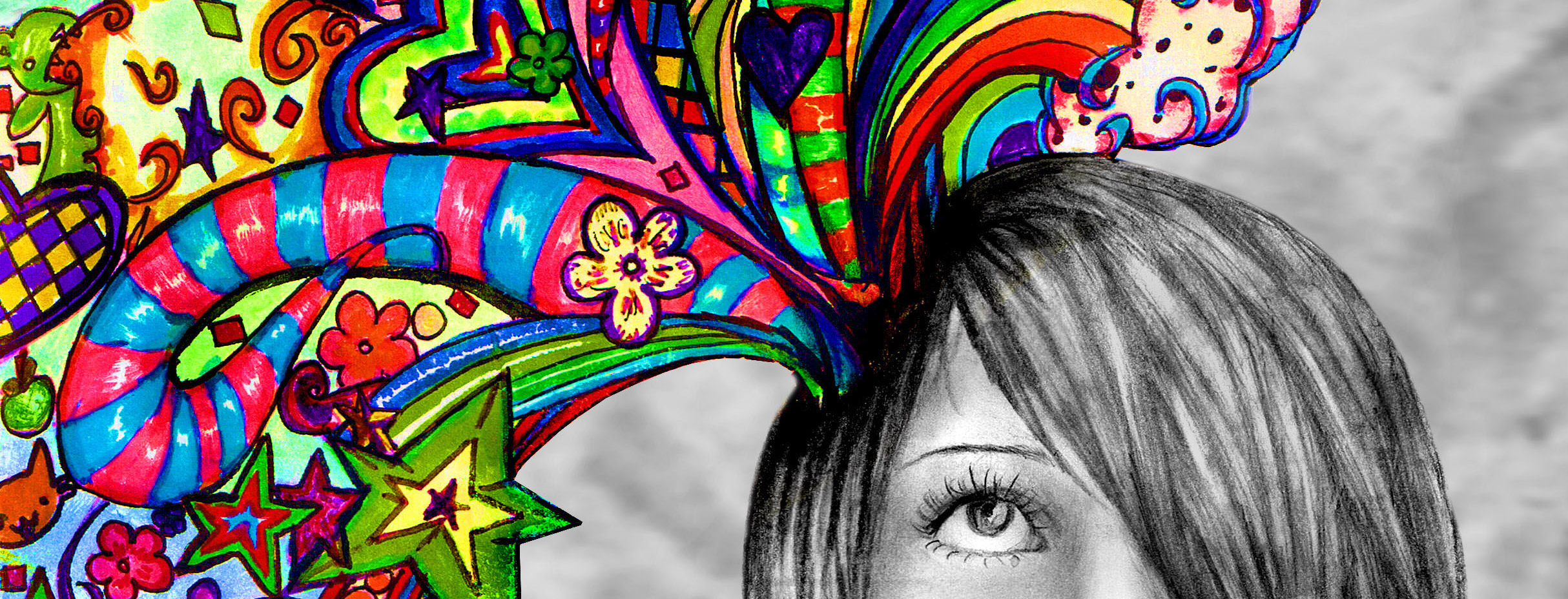
For example, the person might imagine the voice but misattribute it as being real," explained lead researcher Jon Simons in a prepared statement. Schizophrenics often report hallucinations, like hearing a voice when no one's speaking. "Difficulty distinguishing real from imagined information might be an explanation for such hallucinations. Poor reality monitoring-not clearly remembering whether something was real or imagined-could play a role in diseases such as schizophrenia.


But they felt as confident in their answers, meaning they didn't realize they'd been mixing up internal and external events. People who didn't have the fold on either side of their brains did worse on both questions-remembering if something was real or imagined, and remembering who'd done something-than people whose brains had the fold. Once they'd seen all the pairs, the participants were asked two questions about each phrase: Did you see both words of the pair, or just one? And who said the phrase aloud, you or the experimenter? After each pair or half pair, either the participant or the experimenter said the whole pair aloud. If they only saw half of a pair, they were asked to imagine the other half ("Hyde").
Imagination and thebrain full#
The participants saw some full well-known word pairs ("Jekyll and Hyde") and some half pairs ("Jekyll and ?"). Of the 53 people selected for the study, some had this fold on both sides of their brain, some had it on one side, and some had no fold. It's in a part of the brain known to be important in keeping track of reality, which is why the researchers chose to study it.

There's a lot of variability in the PCS : some people have quite distinctive folds, others have barely any. In particular, they were looking for the paracingulate sulcus (PCS), a fold near the front of the brain. The researchers looked at MRI brain scans of a large group of healthy adults.


 0 kommentar(er)
0 kommentar(er)
